There has just been a historical change in Israel. After decades of debate and political evasion, Israel's defence Force (IDF) announced a plan to mass-call ultraorthodox Jews for military service.
By the end of July 2026, 54 000 men from the haredim environment are to be summoned. This is an unprecedented decision – not only due to the scale, but above all due to the fact that it hits 1 of the most enduring and controversial pillars of the Israeli social compromise: the release of the students of Yeshiv from the work of service. To date, the work to defend the state has been spread unevenly – secular Israelis, as well as judaic traditionalists and minorities, performed compulsory service while young men from ultraorthodox communities were in practice excluded from it. Now, in view of the expanding military threat, the deepening social polarization and the force of the ultimate Court, this situation is changing dramatically.
The government of Prime Minister Benjamin Netanyahu is under large pressure. On the 1 hand, it must keep a coalition with spiritual parties, on the another hand, responding to the expectations of the majority of society demanding equality in civic duties. The ultimate Court ruling of June 2024, which he considered unconstitutional to proceed maintaining exemptions for haredim, only accelerated the inevitable trial. The IDF recruitment requirements for this group began to apply as early as July 2025. Army representatives announced that the first calls had been sent, and subsequent waves of mobilization would systematically include thousands of men so far formally “registered as a Torah student”.
This change has far-reaching consequences not only for the army but for the full Israeli social fabric. Haredim has been a separate sector for decades – not only due to their spiritual beliefs, but besides due to the organization exclusion from many aspects of civilian life. The increase in the number of this group (presently around 13–14% of the population) made it increasingly hard for the state to keep privileges, both in applicable terms (defensive needs) and ethical terms (social justice). In the background, there is besides a very circumstantial human resources request – in the face of the increasing tension with Iran, the escalation of the situation in Gaza and the Hezbollah attacks, IDF must grow its reserves and increase its mobilization readiness. The creation of tens of thousands of fresh reservists is simply a step towards a more flexible and resilient defence system.
Social Breakdown and interior Rebellion
The decision to call for the service of ultraorthodox caused violent reactions in the haredim environment itself. There were no protests in Jerusalem and Bnei during which spiritual leaders called for civilian disobedience. Their arguments have remained unchanged for years: spiritual studies are as crucial a service to the nation as participation in the army, and imposing obligations on young people contrary to their religion violates freedom of religion. In practice, however, haredim's opposition is not based solely on ideological issues. It is besides an identity, social and economical issue. Young men from ultraorthodox communities frequently do not attend secular schools, do not know the basics of mathematics or English, are not prepared to live in a secular environment, and especially for military service, which despite attempts to adapt is governed by its own independent principles.
The authorities announce a flexible approach – preparatory programmes, separate units for haredim, support for clergy in the bases, as well as the anticipation of postponement and abbreviated service. any communities may be ready for specified a compromise, especially the younger generation, which is increasingly seeking employment outside the closed ellipse of spiritual institutions. However, the influence of conservative rabbis remains enormous, and their opposition to any form of state coercion can be uncompromising. For any members of the haredi community, the better solution than the army will be emigration – this subject besides appears increasingly in interior discussions.
In the wider Israeli context, the decision to mobilise haredim strengthens social tensions that are already reaching evidence levels. The protest movement against the improvement of the judiciary, disputes about women's rights, LGBTQ status, as well as the deepening gap between secular and spiritual Jews make all decision about national identity echo. The mobilisation of haredim has thus become not only a military issue, but a symbol of a wider clash over the future of the state: will it be a state of all citizens, or a state divided into caste, ideological sectors?
New Citizens' Paradigm
The appointment of 54,000 ultraorthodox men to the IDF may turn out to be the beginning of a fresh chapter in Israel's history. Regardless of how large the real percent of those who actually will be in service will be, the decision of the mass call itself sends a powerful signal: the end except. If the army, the most respected institution in the country, treats all citizens equally, it could make a precedent for another areas: taxes, education, the labour market.
In the long term, the inclusion of haredim in the military service strategy can contribute to their greater integration with the remainder of society. Many young people gain skills, contacts, a sense of affluence after serving – this in turn makes it easier to enter the labour market, leave the poorness ellipse and make a more diverse working life. Although this change is resisting for the time being, it can be an impulse to modernise that part of the Israeli society that has functioned on its outskirts for decades.
However, the cost of this social revolution may be high. The failure of political support from spiritual parties, mass protests and even home force are real risks. Israel must, therefore, not only carry out the mobilisation efficiently but besides manage the social consequences well. Not only military tools will be needed, but besides deep social sensitivity and compromise capacity. Changing the model of citizenship in Israel will not end with the army, but it is the military, as the most crucial national institution, that present becomes the field of the first and most crucial conflict for equality. If successful, this could be the beginning of a greater process of rebuilding the civilian community. If it fails, the effects may be reversed: deepening divisions, radicalisation and erosion of trust in the state. This game is not just about defending borders, but about who has the right to co-determine the future of Israel – and on what principles.

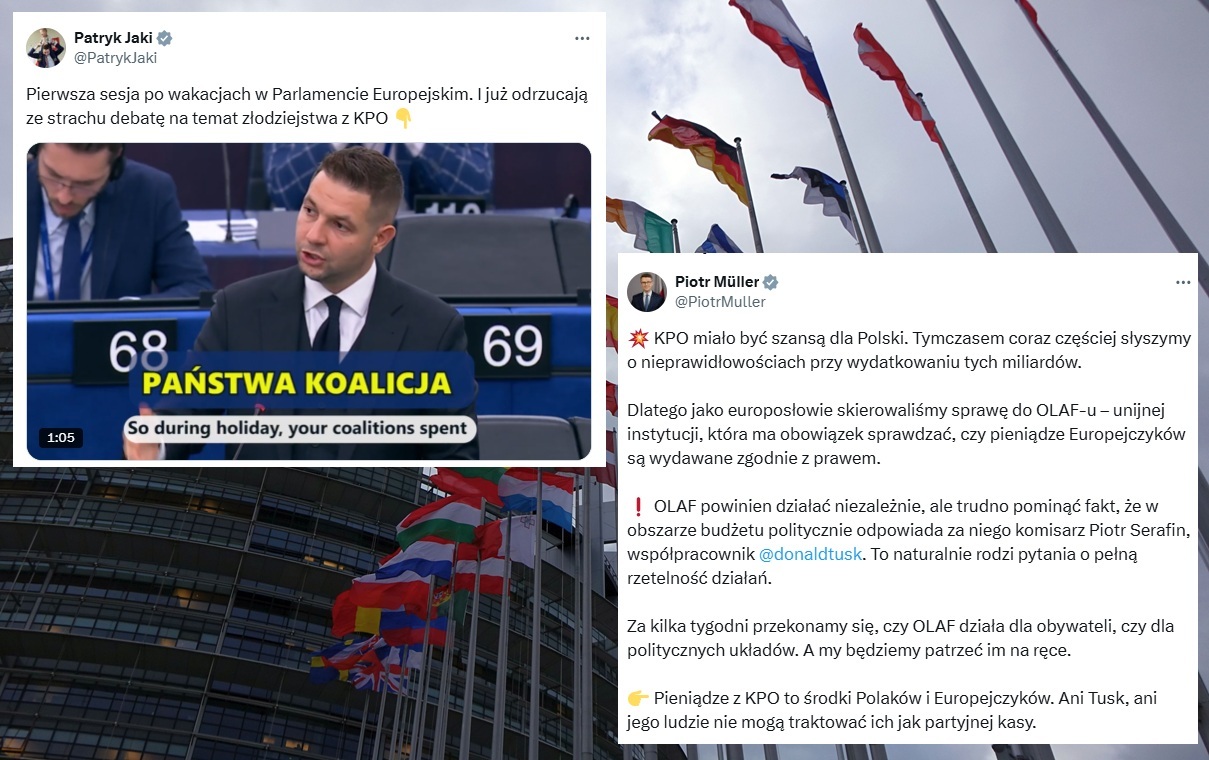
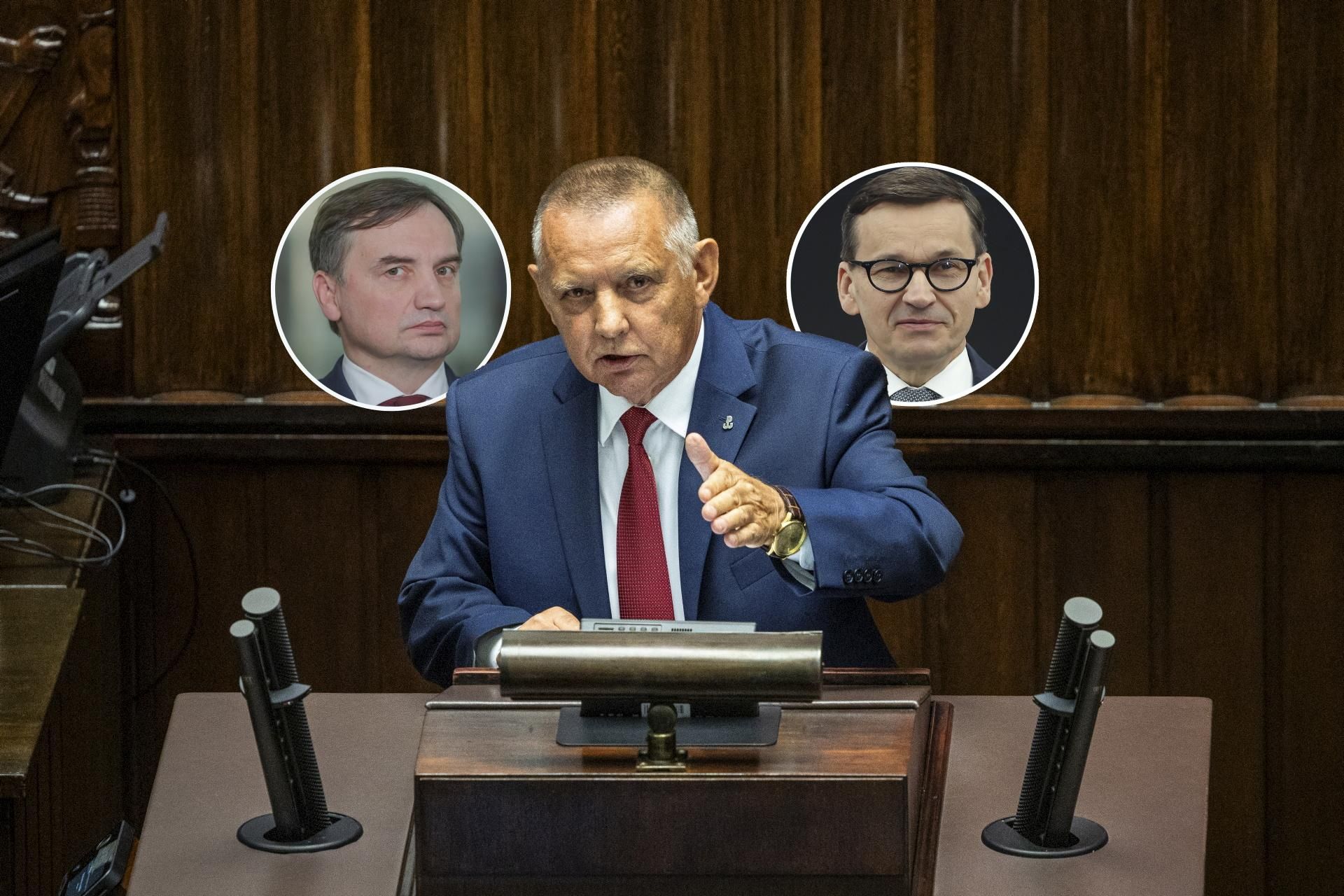
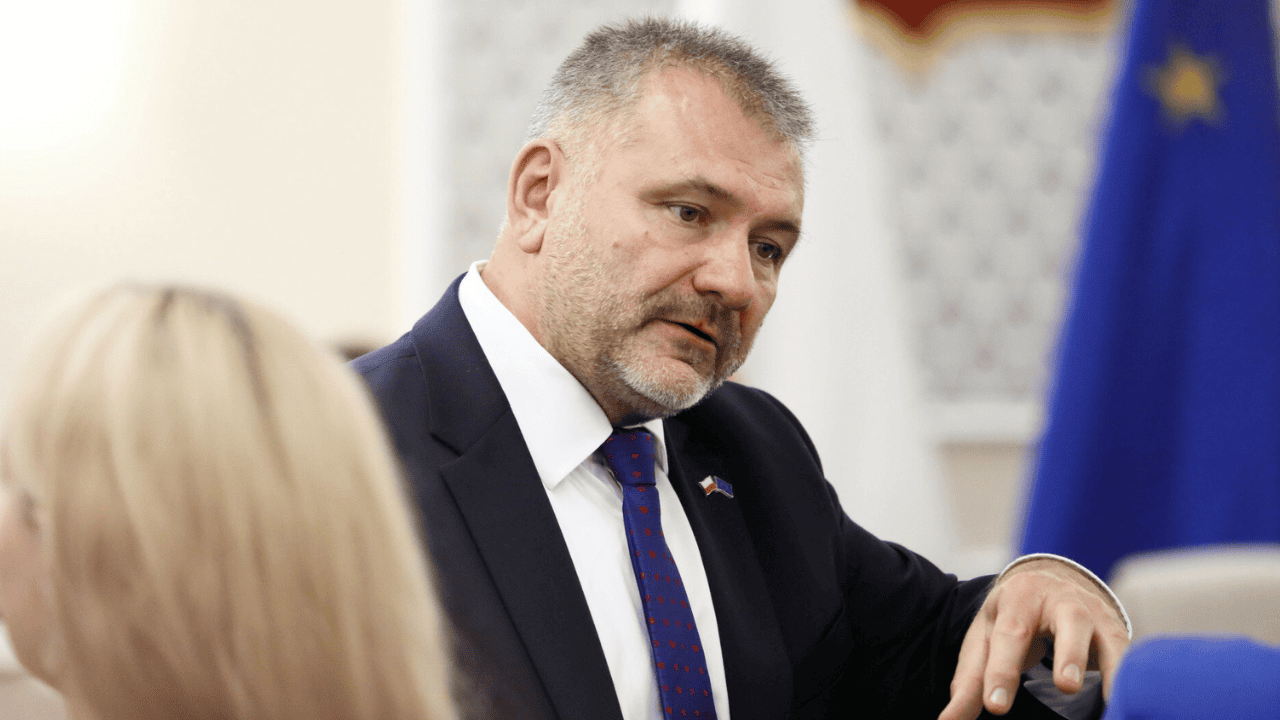
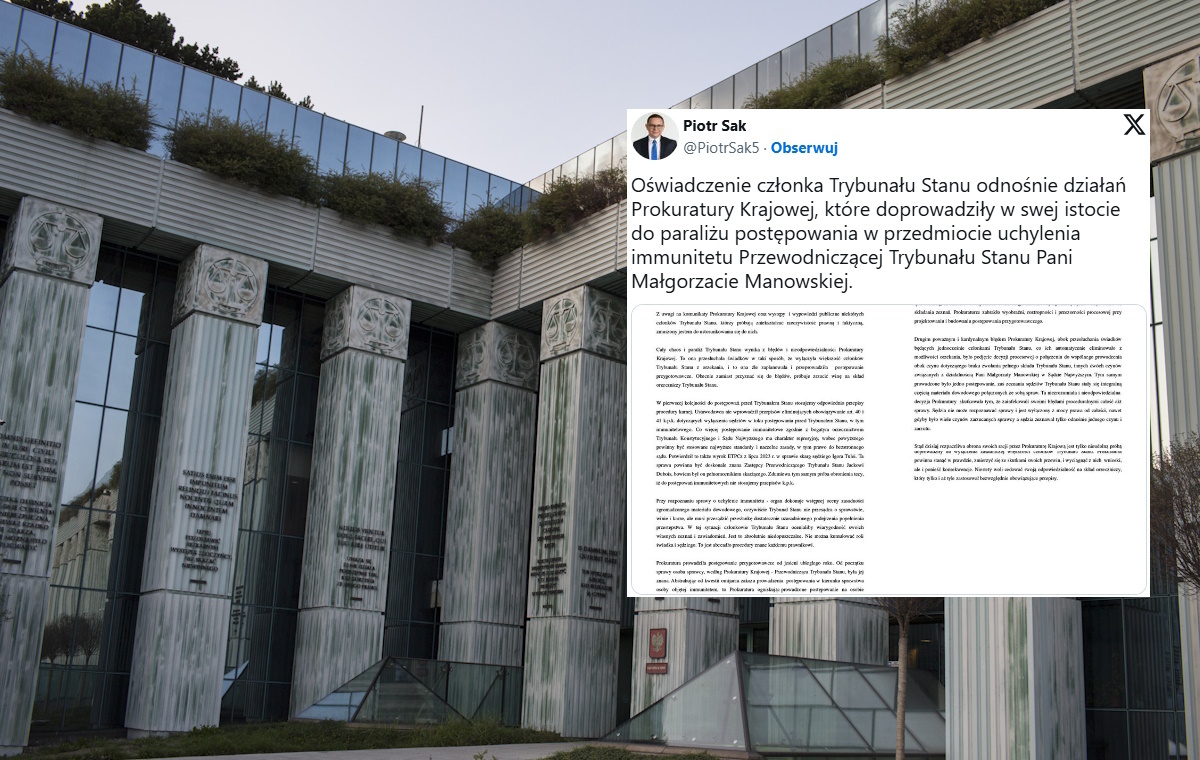
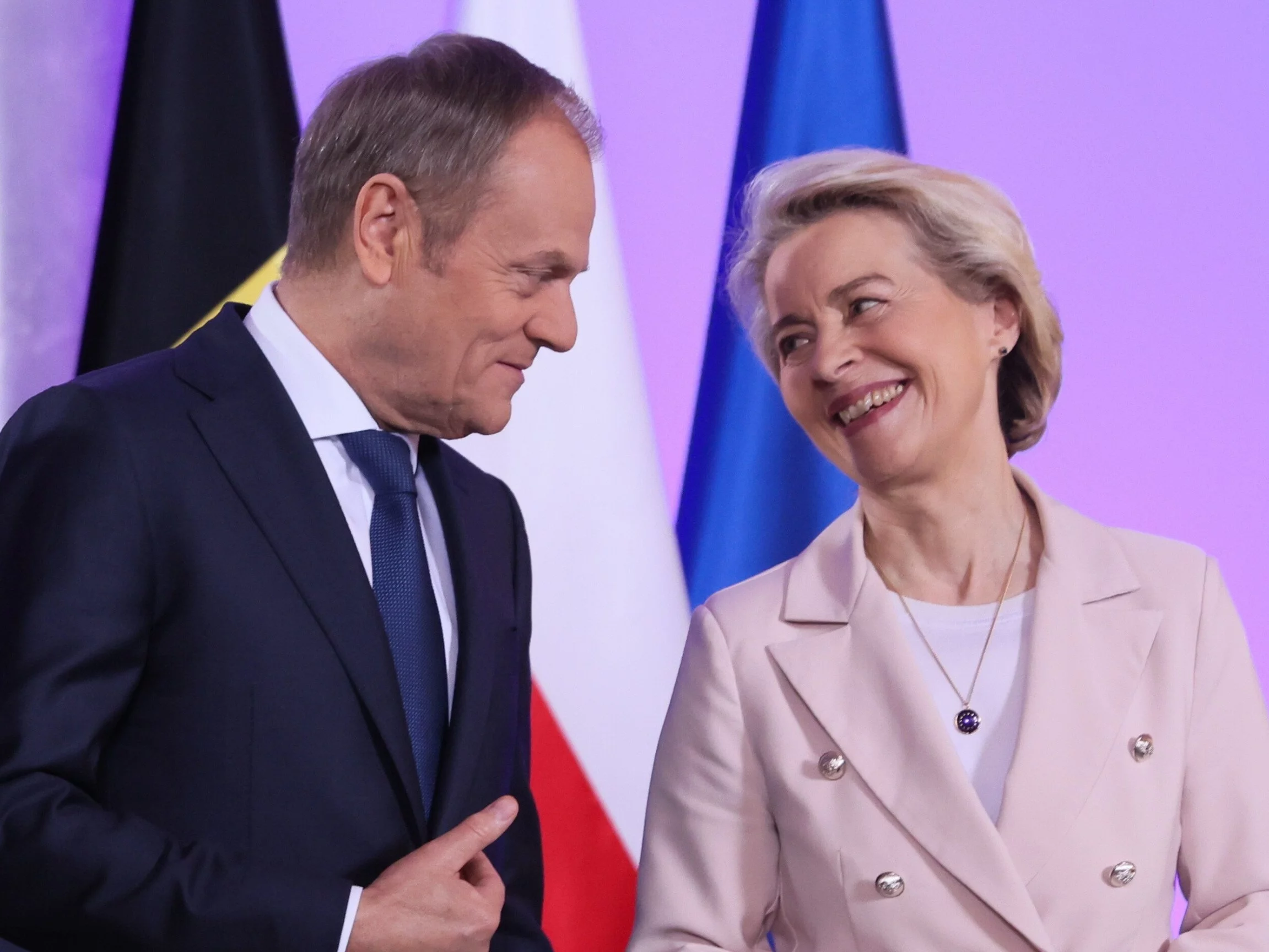
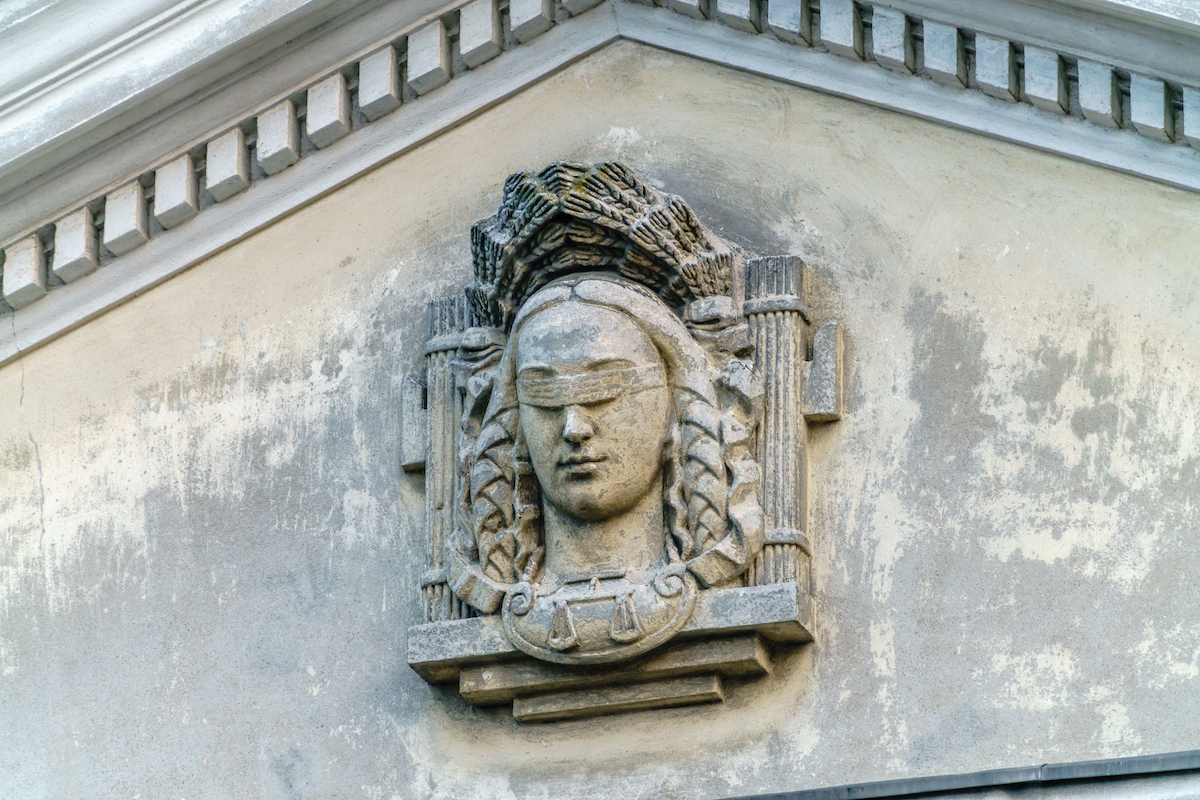

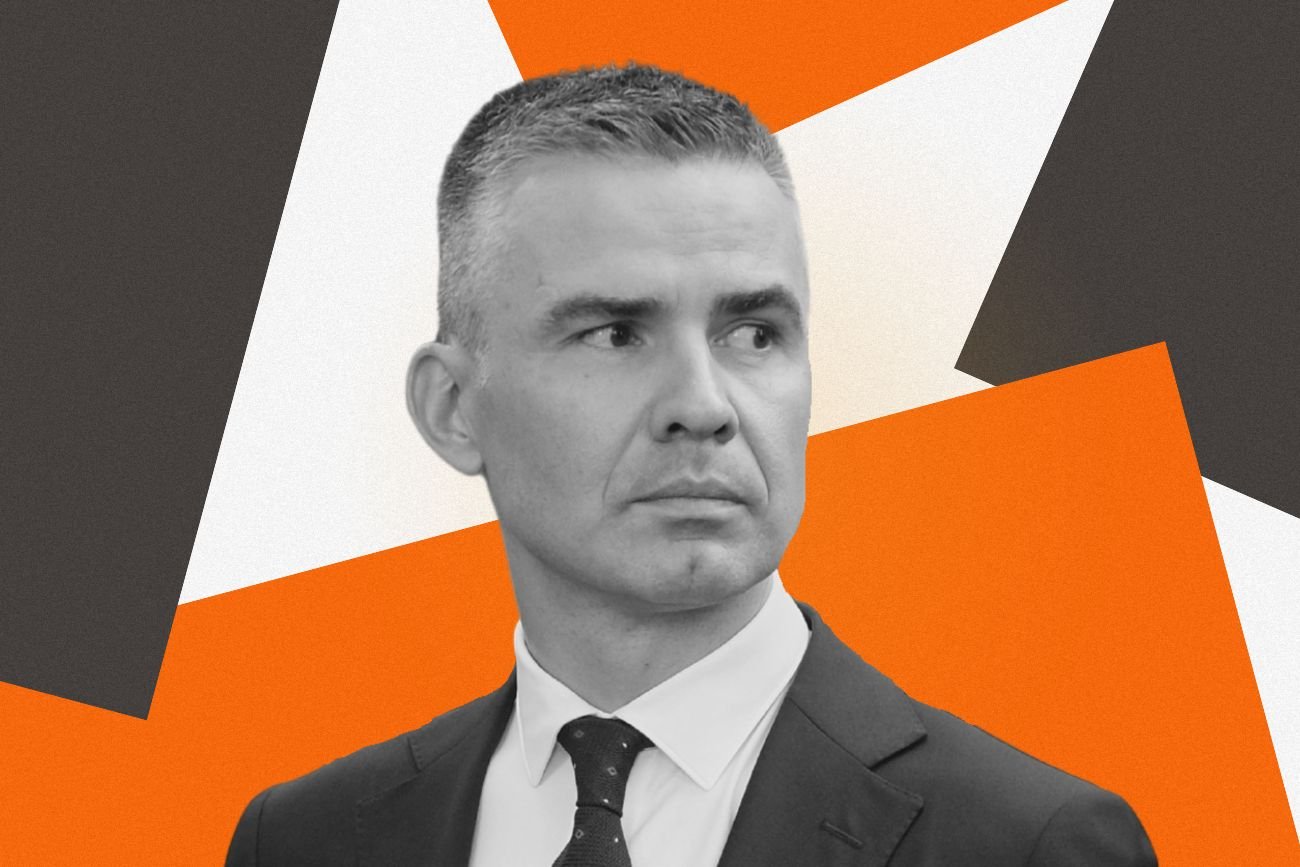
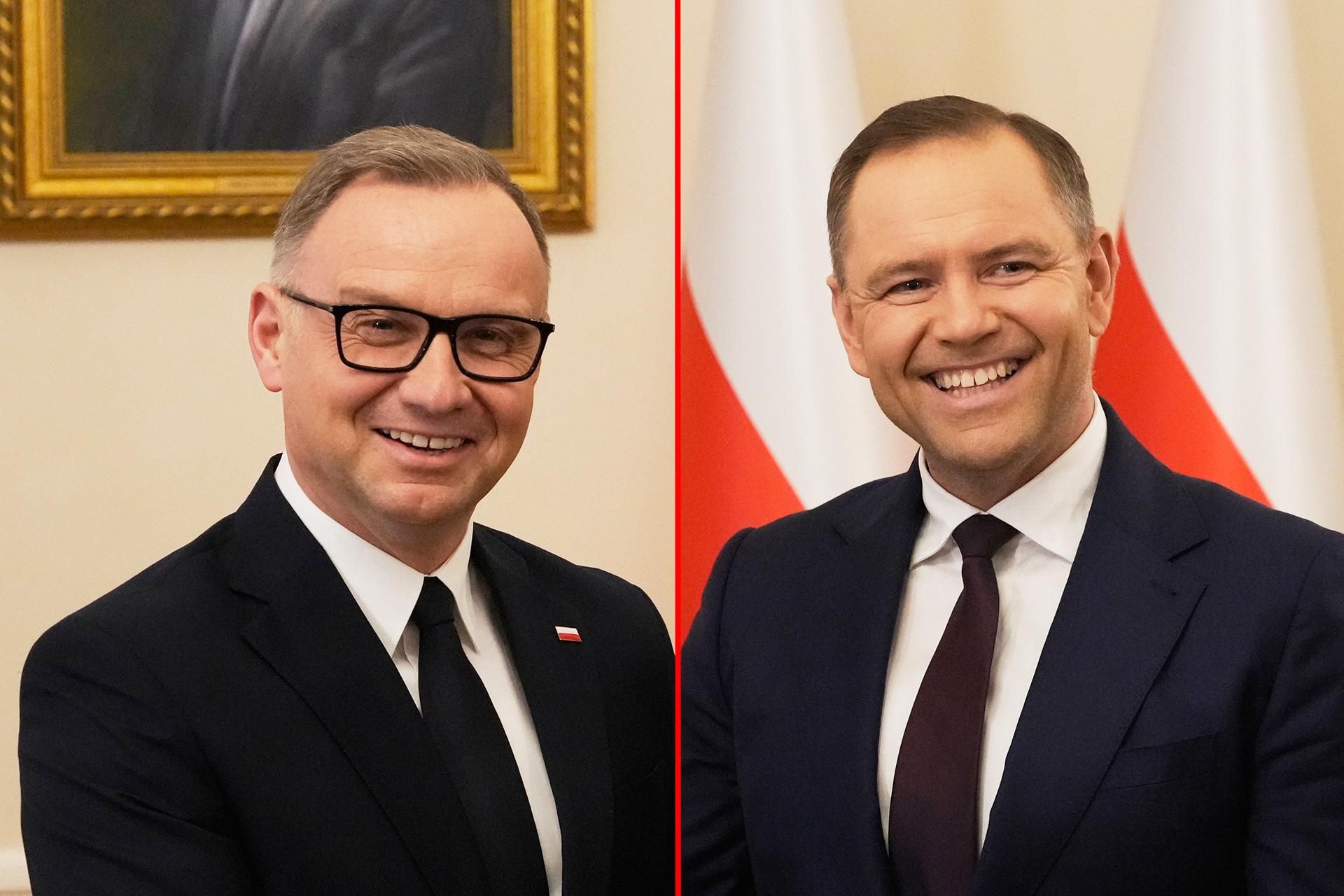
![Kurierzy z Mołdawii zatrzymani. Przewozili przez Polskę nielegalnych imigrantów z Etiopii [WIDEO]](http://www.radiowroclaw.pl/img/articles/154072/7MjTBPPZcp.jpg)





